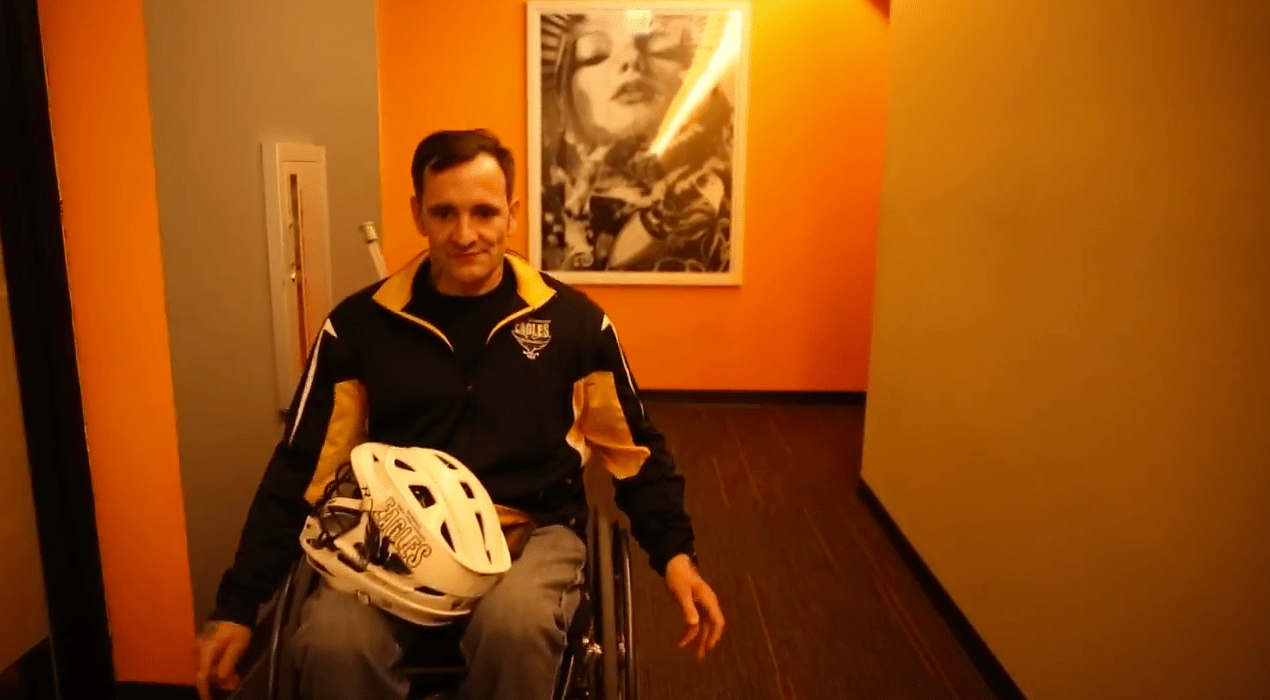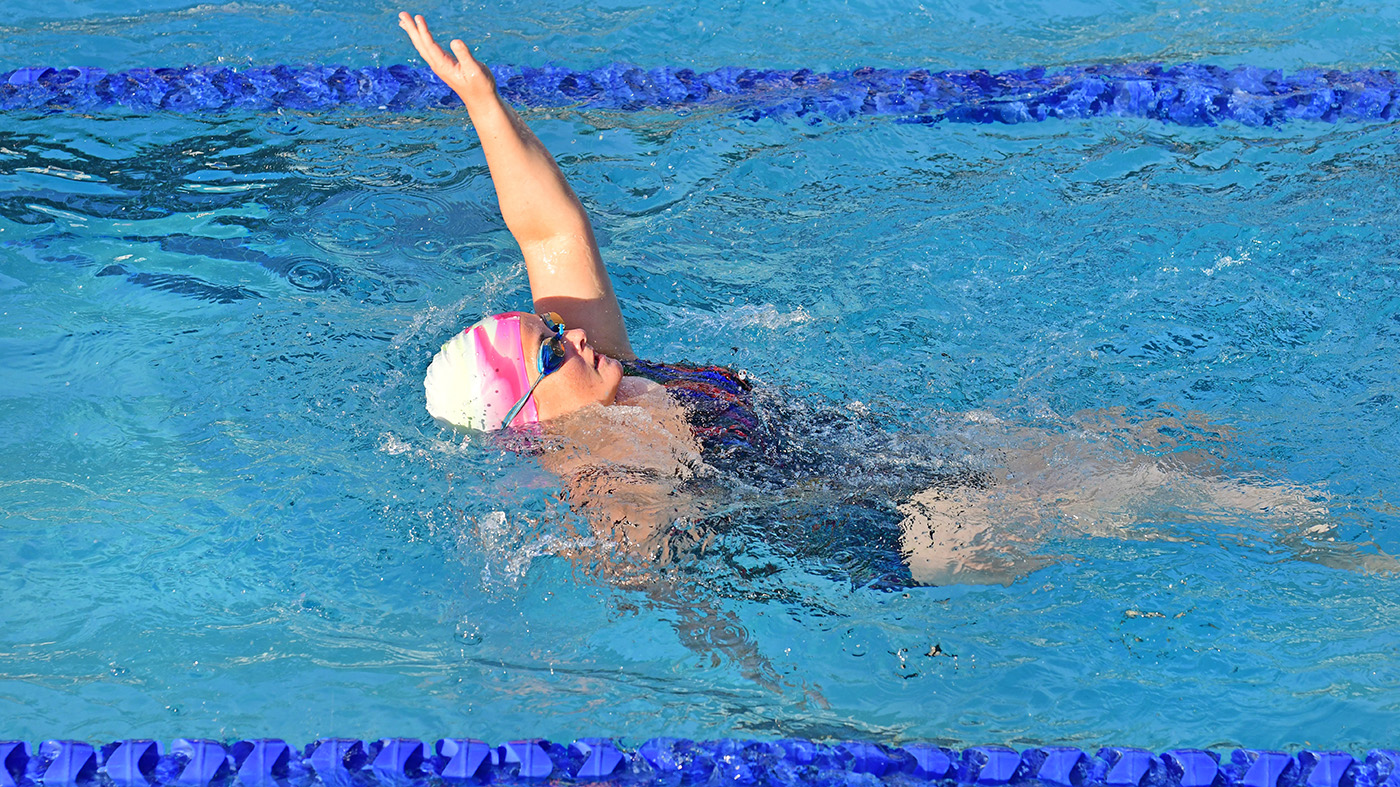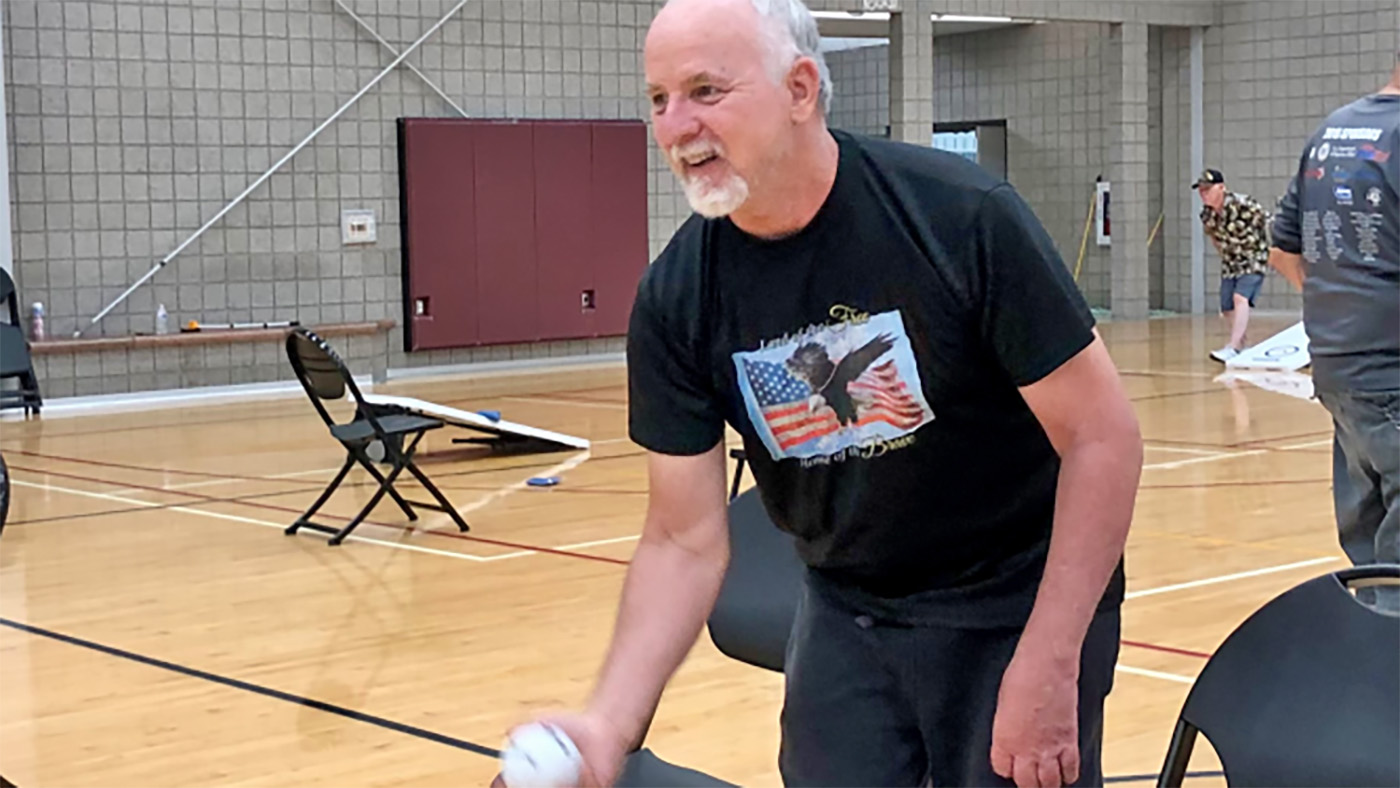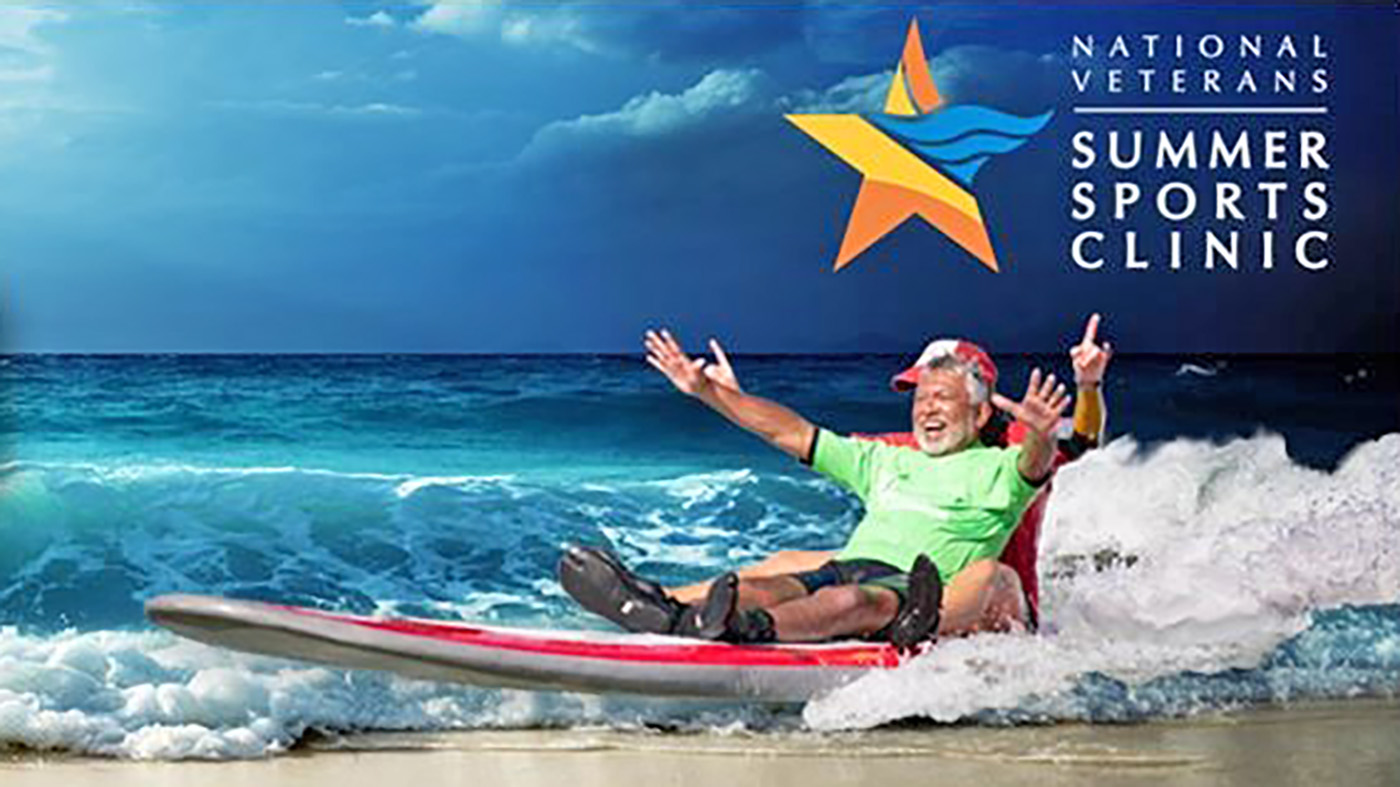Eric Fife acknowledges he was angry and resentful when an accidental fall from a balcony left him paralyzed, and ended his career as an Army infantryman.
“I don’t know that I dealt with it really well until years later. For a long time I kind of tried to suppress it through a lot of different ways.”
After years battling addiction, Fife sought treatment at the Milwaukee VA and soon connected with the recreational therapy program where his therapists introduced him to adaptive sports.
Today, Fife competes in triathlons, plays lacrosse and wheelchair tennis. He says adaptive sports have helped him redefine his service and rehabilitate his mind and body.
“It’s a big piece of my support network. If I miss my workouts or I miss my sports I feel like it’s – I got a big void there.”
He credits VA health care and therapy programs with pulling him “back from the brink of destruction.”
“Now in my journey, I can’t believe how much the VA does for me,” Fife said. “The benefits have totally been worth it to me.”
He encourages Veterans to take a positive role in their health care and be their own advocate.
“You can live after a disability.”
About the author: This article was written by Benjamin Slane
Topics in this story
More Stories
West Virginia mom builds confidence at the National Veterans Wheelchair Games.
Air Force Veteran Mark Wager overcame a stroke and is now competing in the 2024 National Veterans Golden Age Games.
Clinic offers a wide range of adaptive sports activities tailored to Veterans with physical and mental challenges.







HOOAH! I’m proud to be your brother!